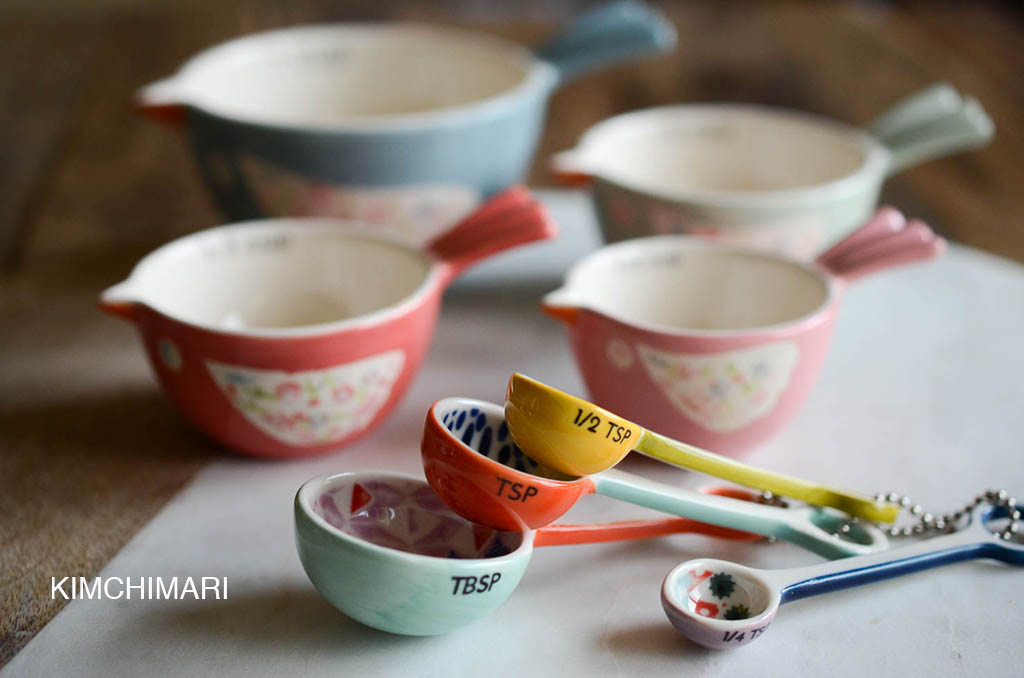I would never do so .Are you digging through months of what I've said to find potential inconsistencies? I feel like I'm being persecuted!
I respect you a lot.
I actually wanted to understand so I was reading the post no6 trying to understand.
I cannot express my gratitude to you.
U can't imagine how much I am getting my confusion clear by asking the questions .Please stop this silly discussion. I don't have the hours you have to spend on looking through these discussions; you are keeping me from things that matter. I am not going to respond to you further.
Yes , for you everything that I ask is foolish (it's natural) but for me its legit .
If you don't respond then seriously my maths journey will be over.
Ok.Words can have multiple meanings. Suppose that my "mixed" meant actually stirred together, while "mixture" meant "put together in some way", "combination". Your arguing over words is an utter waste of time.
I am extremely sorry for this.if there are 4cups of 1litre milk and 1cup of 1litre water separately(not a mixture) as shown in the diagram , then "cups " refer to quantity and litre refer to units .
I actually wanted to write "container" but wrote quantity .
Yes this is what I was trying to say .. If I talk about a cup containing a liter of milk, the cup is clearly the container, not a unit, and therefore not a specific quantity.
Yes one Us customary cup = 236.5 mLThe unit called "cup" is far less than a liter
So, 1 cup water to 1cup milk means I can replace the word "cup" with any "unit" of volume right?And replace the word "cup" with "litre" when it refers to a unit. Then hopefully you can get back to thinking clearly.
It doesn't have to be litre , it can be mL also right.
The word "bottle" in general does not refer to a particular size; it is not a standard unit. In a particular statement, we might use it as a "part" with the implication that we are temporarily considering bottles of the same size, or repeated use of the same bottle,
When you are saying 1 bottle of water to 1 bottle of milk , so reading this I am thinking each bottle has to be same size as bottle represents parts so naturally my doubt arose.
So, here one bottle will mean one part which is equal. But it cannot be treated as a unit.
1bottle of water to 1 bottle of milk
I cannot replace the word bottle with litre right?
But I can replace the word cup as it is defined unit .
This is one area I am getting confused"cup" is a defined unit in America. My main point was to distinguish between units proper, and containers, because you have been using "cup" in both ways.
"A cup" is a defined unit just like litre, mL...
So , when I am writing it like this
1cup water to 1 cup milk
That means as I saw in wiki page of
"cup as a unit"
a cup generally refers to amount between 200-250 ml so when I see the word cup
I can replace "cup" with any ml value between 200-250 right?
So, 1cup water to 1 cup milk can be 250ml water to 250ml milk (in terms of metric cup)
1 cup water to 1 cup milk
For it to represent 1litre water to 1 litre milk
If I take my cups as "metric cup" then
It has to be 4 cups water to 4 cups milk .
As 250 ml *4 = 1litre
What am I confusing here?
Then how are we replacing the word 1 cup with 1 litre just like that . They are not equivalent right.
So what does "unit" actually mean
I knew that "the metre " is si unit of Length.(1m), 1litre is the Si unit of " capacity"
A unit just provides a description to the magnitude to let the reader know that this magnitude represent what type of quantity or the type of quantity that have been measured.
Is there other meaning of unit other than " talking about 1 of something"
Extremely sorry but please see ??

